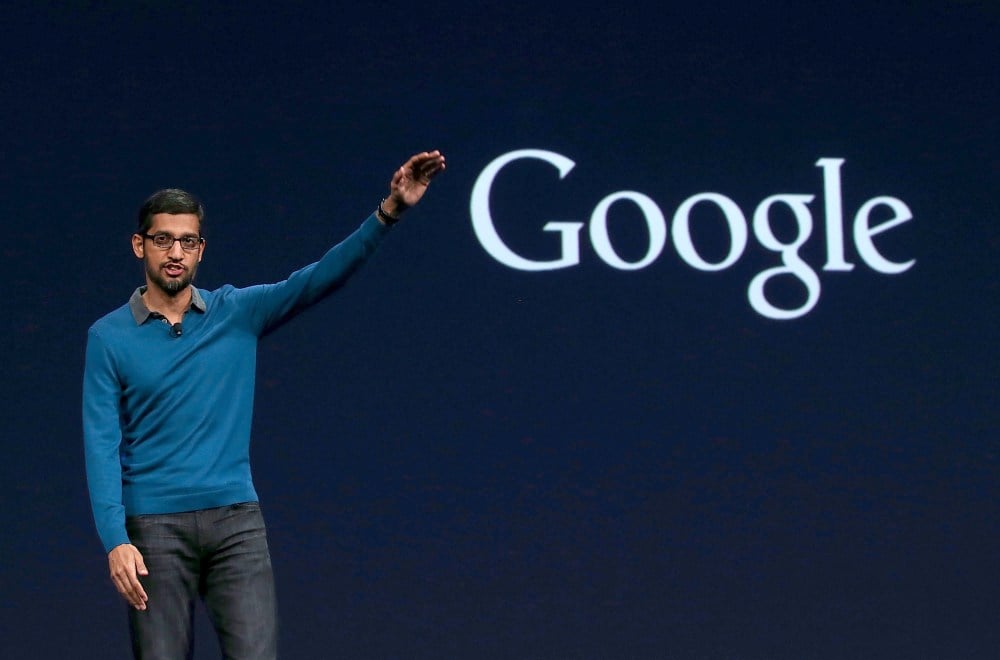
US Census: Pakistani-Americans Are Young, Well-educated and Prosperous
Over half a million Pakistani-Americans constitute the 7th largest Asian ethnic group in the United States. Pakistani-Americans are young, w...
Over half a million Pakistani-Americans constitute the 7th largest Asian ethnic group in the United States. Pakistani-Americans are young, well-educated and prosperous. Median age for Pakistani-Americans is 31.7 years. 60% have at least a bachelor's degree. Their median household income is $87,510 a year. About 36% are US-born while the rest are foreign-born. Just under 80% are US citizens, both native and naturalized. Here are the key takeaways from US Census data recently published by USA Facts:
1. Median age of Pakistani-Americans is 31.7 years, below the 37.9 years for Asian-Americans and 38.5 for overall population. Median age is 34.8 for Indian-Americans and 32.7 for Bangladeshi-Americans.
2. Median income of Pakistani-American households is $87.51K, below $97.3K for Asian-Americans but significantly higher than $65.71K for overall population. Median income for Indian-American households $126.7K, the highest in the nation.
3. Sixty percent of Pakistani-Americans have at least a bachelor's degree, the second highest percentage among Asian ethnic groups. Indians are the best educated group with 76% having at least a bachelor's degree. The average for Asian-Americans with at least a bachelor's degree is 56%.
4. About 36% of Pakistani-Americans are US-born while the rest are foreign-born. By comparison, 29.1% of Indian-Americans and 34.3% of Asian-Americans are native-born and the rest foreign-born.
There are 18.6 million Asian Americans living in the US, making up 6% of the US population, according to the latest available census data. The data shows that, on average, Asian Americans are younger, more likely to be born abroad, and live in households with higher income than the average American.
Here's a video clip of CNN analyst Van Jones talking about Pakistani-Americans:
Related Links:
Haq's Musings
South Asia Investor Review
Hindus and Muslim Well-educated in America But Least Educated Worldwide
What's Driving Islamophobia in America?
Pakistani-Americans Largest Foreign-Born Muslim Group in Silicon Valley
The Trump Phenomenon
Islamophobia in America
Silicon Valley Pakistani-Americans
Pakistani-American Leads Silicon Valley's Top Incubator
Silicon Valley Pakistanis Enabling 2nd Machine Revolution
Karachi-born Triple Oscar Winning Graphics Artist
Pakistani-American Ashar Aziz's Fire-eye Goes Public
Two Pakistani-American Silicon Valley Techs Among Top 5 VC Deals
Pakistani-American's Game-Changing Vision
Minorities Are Majority in Silicon Valley
Riaz Haq's Youtube Channel
PakAlumni: Pakistani Social Network

US Census: Pakistani-Americans Are Young, Well-educated and Prosperous
Over half a million Pakistani-Americans constitute the 7th largest Asian ethnic group in the United States. Pakistani-Americans are young, w...












 by the grace of Allah.
by the grace of Allah.
